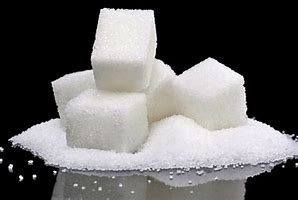#(i)# #"Intrinsic solubility"#, and this is something to be determined by experiment. You know the old story...#"like dissolves like."# Water is an exceptional solvent, and will dissolve most solutes to some degree (but usually you can never get them out of solution!). For organic solutes, ethanol is the first solvent generally tested...most organic solutes have good solubility in hot ethanol, but poorer solubility in cold ethanol - precisely what we want in a recrystallizing solvent.
#(ii)# #"temperature"#, given that dissolution involves the BREAKING of solute-solute bonds, a hot solvent should be capable of solvating more solute. And this is what is performed in a recrystallization experiment, in which a solute is taken up in a minimum of HOT solvent, the solution quickly filtered, and the filtrate allowed to stand undisturbed while the crystals deposit at lower temperature as the solution cools.
#(iii)# #"particle size"#, this is a kinetic issue, but, clearly, the rate of dissolution will be affected by the particle size of the solute....larger particles will give a SLOWER rate of dissolution. Sometimes, you place a spoonful of granulated sugar in your cuppa, and the hot tea dissolves the solute without stirring. If you place a sugar lump in your tea (and of course you only do this when you entertaining the gentry, and put out the good tea service and the cucumber sandwiches), and if you don't stir, sometimes after you drain your tea there will be some of the sugar lump left undissolved..
 )
)
 )
)  )
)